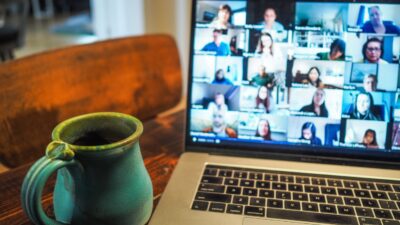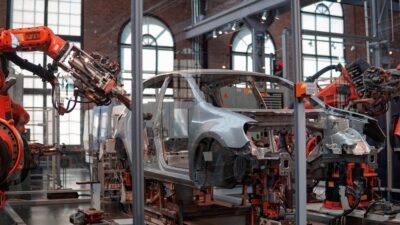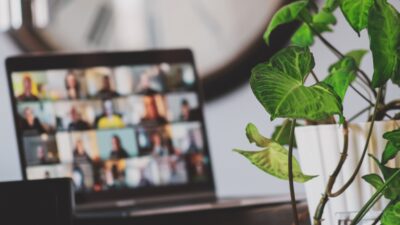
Reimagining the future of work: what’s next?
Disruption has been the defining attribute of the 21st century.
In recent years, when people talked about disruption, they usually meant the impact information and communications technology has on society. However, since the last few weeks of 2019, the world has been hit with a perfect storm: a disruptive pandemic affecting developed and emerging economies alike. The disruption caused by COVID-19 was invisible and resembled a stealth attack. The pandemic has triggered a global shock leading to a slowdown in economies, affecting financial markets, and disrupting supply chains, requiring the development of global measures to combat it. Meanwhile, precautionary health and safety measures including physical distancing and their economic repercussions have led to millions around the world, irrespective of the type of business and industry, being forced to work remotely – leveraging the power and reach of the 21st century’s digital transformation.
Now that the world is about to witness an exciting development: the deployment of multiple vaccines, a first concrete step towards combating COVID-19 that will shift the world more confidently into a post-pandemic “next” phase. What will the “next” phase, our “new norm,” look like and how will it affect the work environment? Hopefully, we will not miss this opportune moment and simply reset to the work habits of pre-COVID-19.
What will the imminent “new norm” mean for the future of work? What will the office environment look like? What will full-time employment mean? Which hybrid model will prevail? How long will it take whichever model that proves to be working and efficient to become the “business as usual or normal” way of work? Who said it has to be work from home or work from office – how about working from anywhere? What will make people happier and if they are, would that make them more productive? Is there a trade-off, or can we strike a balance? Would working remotely be better for the organisation? Will that depend on the nature of the business? How will that affect the legacy of having an organisational culture? These are many more questions than answers, and undoubtedly there is no one size that fits all, but one question stands out: will organisations be more focused on the wellbeing of their employees, safety, health and happiness or will productivity remain the undisputed focal point?
This is part of a series of insights related to Coronavirus (COVID-19) and its impact on business.
Sherif Kamel is a professor of management, dean of the school of business at The American University in Cairo, and president of the American Chamber of Commerce in Egypt.
Share
We believe in open and honest access to knowledge. We use a Creative Commons Attribution NoDerivatives licence for our articles and podcasts, so you can republish them for free, online or in print.





